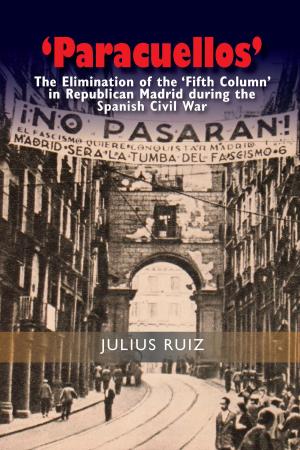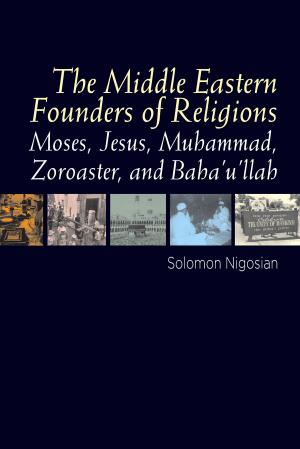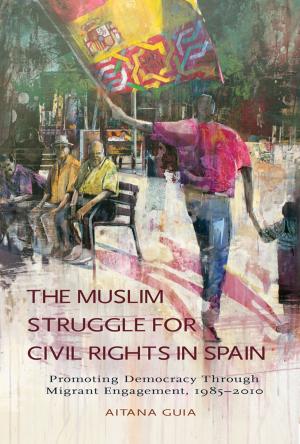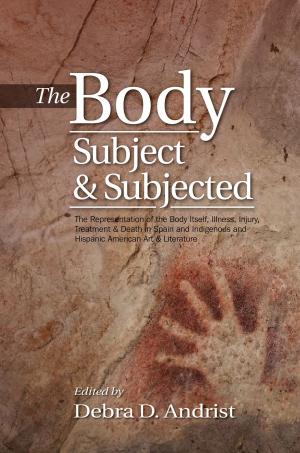Heteronormativity, Passionate Aesthetics and Symbolic Subversion in Asia
Nonfiction, History, Asian, Southeast Asia, Social & Cultural Studies, Social Science, Gender Studies| Author: | Saskia E. Wieringa, Abha Bhaiya, Nursyahbani Katjasungkana | ISBN: | 9781782843344 |
| Publisher: | Sussex Academic Press | Publication: | February 1, 2016 |
| Imprint: | Sussex Academic Press | Language: | English |
| Author: | Saskia E. Wieringa, Abha Bhaiya, Nursyahbani Katjasungkana |
| ISBN: | 9781782843344 |
| Publisher: | Sussex Academic Press |
| Publication: | February 1, 2016 |
| Imprint: | Sussex Academic Press |
| Language: | English |
This book examines life trajectories among three categories of women living beyond the bounds of heteronormativity in Jakarta and Delhi: women who have lost their husbands, either through divorce or death; sex workers; and young, urban lesbians. These two major cities have substantively different religious and social values. Delhi has a large Hindu majority and a sizeable Muslim minority, amongst other religious and cultural pluralities. Jakarta is the capital of a sprawling archipelago with a large variety of ethnic cultures, Indonesia having the largest Muslim population of the world, as well as sizeable ethnic and religious minorities comprising Christians, Hindus, Buddhists, and others. The public arena of sexual politics, in which the media play an important role, is explored in both cities. Heteronormativity entails a system of symbolic violence in the sense that it punishes those that it excludes and polices those that it includes; the ways its powers are subverted are likewise symbolic. By charting the lives of women who live beyond the boundaries of the heteronormative, commonalities are revealed; boundaries and regulatory mechanisms in the context of symbolic violence are delineated; and the issue of the struggle for sexual rights for marginalized groups, and their open rebellion, brought to the fore. At the heart of the book lies elaboration of the ways Asian families are constructed: their social, economic, sexual, and religious agency, and how these engage with state-led values.
This book examines life trajectories among three categories of women living beyond the bounds of heteronormativity in Jakarta and Delhi: women who have lost their husbands, either through divorce or death; sex workers; and young, urban lesbians. These two major cities have substantively different religious and social values. Delhi has a large Hindu majority and a sizeable Muslim minority, amongst other religious and cultural pluralities. Jakarta is the capital of a sprawling archipelago with a large variety of ethnic cultures, Indonesia having the largest Muslim population of the world, as well as sizeable ethnic and religious minorities comprising Christians, Hindus, Buddhists, and others. The public arena of sexual politics, in which the media play an important role, is explored in both cities. Heteronormativity entails a system of symbolic violence in the sense that it punishes those that it excludes and polices those that it includes; the ways its powers are subverted are likewise symbolic. By charting the lives of women who live beyond the boundaries of the heteronormative, commonalities are revealed; boundaries and regulatory mechanisms in the context of symbolic violence are delineated; and the issue of the struggle for sexual rights for marginalized groups, and their open rebellion, brought to the fore. At the heart of the book lies elaboration of the ways Asian families are constructed: their social, economic, sexual, and religious agency, and how these engage with state-led values.















